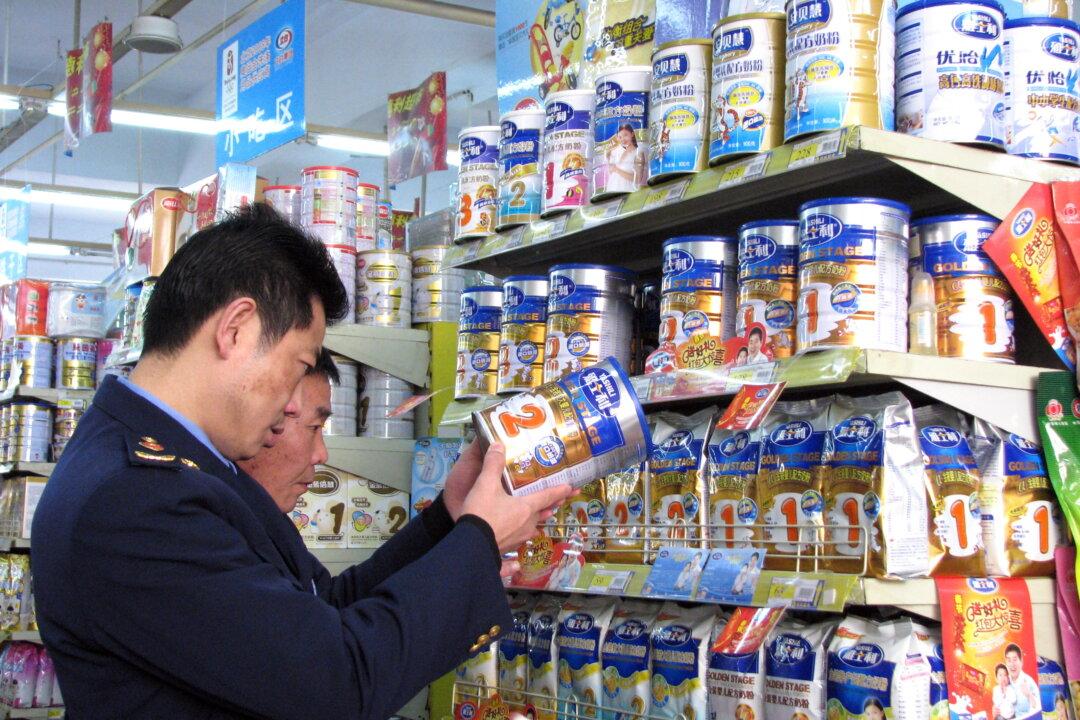Beijing recently announced that a number of former food safety officials who were deemed responsible for the contaminated milk powder scandal, which poisoned hundreds of thousands of babies and caused half a dozen infant deaths, were given new posts.
The scandal broke in 2008, when it was discovered that melamine, an industrial chemical, had found its way into massive amounts of milk powder, which was then sold around the country and even overseas. The matter was known early in 2008 but was covered up until after the Beijing Olympics in August, so as not to embarrass the government.
A raft of officials were punished after that debacle, so that Chinese authorities could demonstrate—or so it appeared—their commitment to food safety.
“Officials who are willing to be sacrificed on behalf of the Party in the event of a social incident are actually making contribution to the Party,” said Xia Ming, a professor of political science at the College of Staten Island, in a telephone interview.





